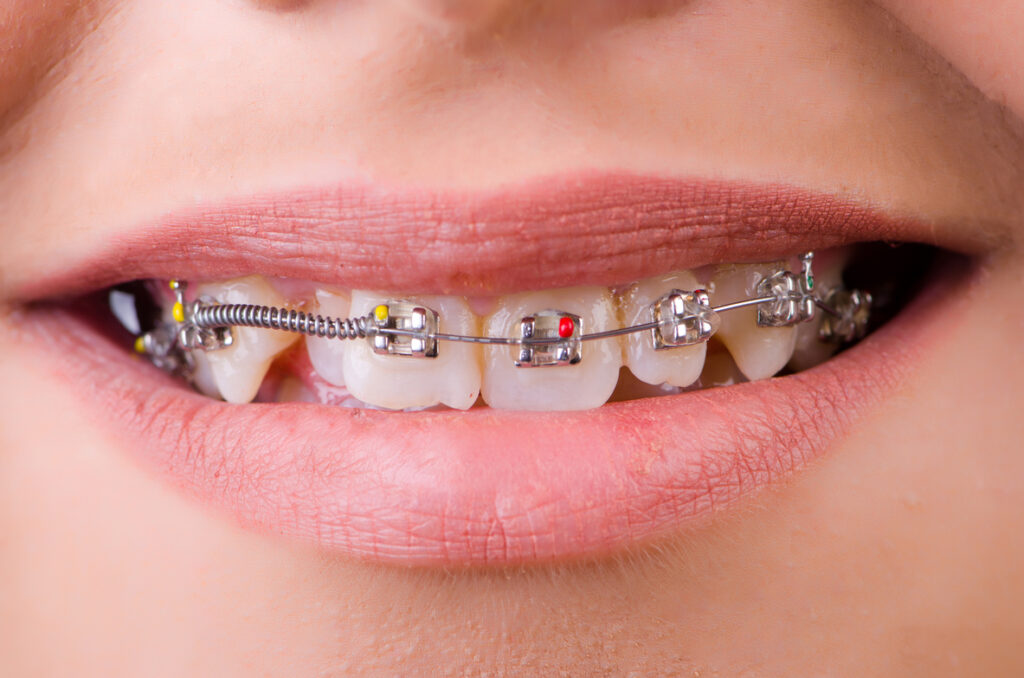
Every orthodontist and every patient are different. Deciding which type of braces works best for you begins with an appointment and a frank person-to-person discussion. Each person we see has concerns. Sometimes those concerns are a result of the career that person has chosen. Sometimes our patient is young, active and involved in multiple sports. At other times, the issue is the length of the treatment. If college is around the corner, you want a treatment that is fast.
At Baltimore Orthodontic Group we work with our patients to find a treatment option that best fits the patients’ needs, including: Invisalign, clear braces and metal braces. We listen carefully. Your treatment plan should be a coordinated effort between your orthodontist and you.
The condition of your bite may also determine the type of braces your orthodontist may recommend. Depending on the severity of the condition, metal braces may be the best option. But as we mentioned above, we want our patients to have a positive attitude about the treatment we prescribe. If there are major concerns with your treatment, talk with your orthodontist.
Ceramic braces may be an option for someone with a more complex case who is also very concerned about his/her appearance. Ceramic braces essentially work like metal braces, but they are colored to more closely match the color of your teeth.
Invisalign or clear aligners certainly have been in the news quite a bit lately. They work beautifully and are more difficult to detect as you wear them. As Dr. Scott says, "if you wear them, the magic will happen!" Again, please discuss your concerns with the orthodontist.
The doctors at Baltimore Orthodontic Group have a lot of experience with different types of problems. Please take a look at the Case Studies on our blog. You’ll find people of all ages with different problems. Read their stories and see how we’ve been able to improve their lives. Most importantly, communicate with your orthodontist. Tell him or her your desired outcomes, your budget, and your particular lifestyle. Open communication will determine the best course of treatment for you.

 Website Powered by Sesame 24-7™
Website Powered by Sesame 24-7™